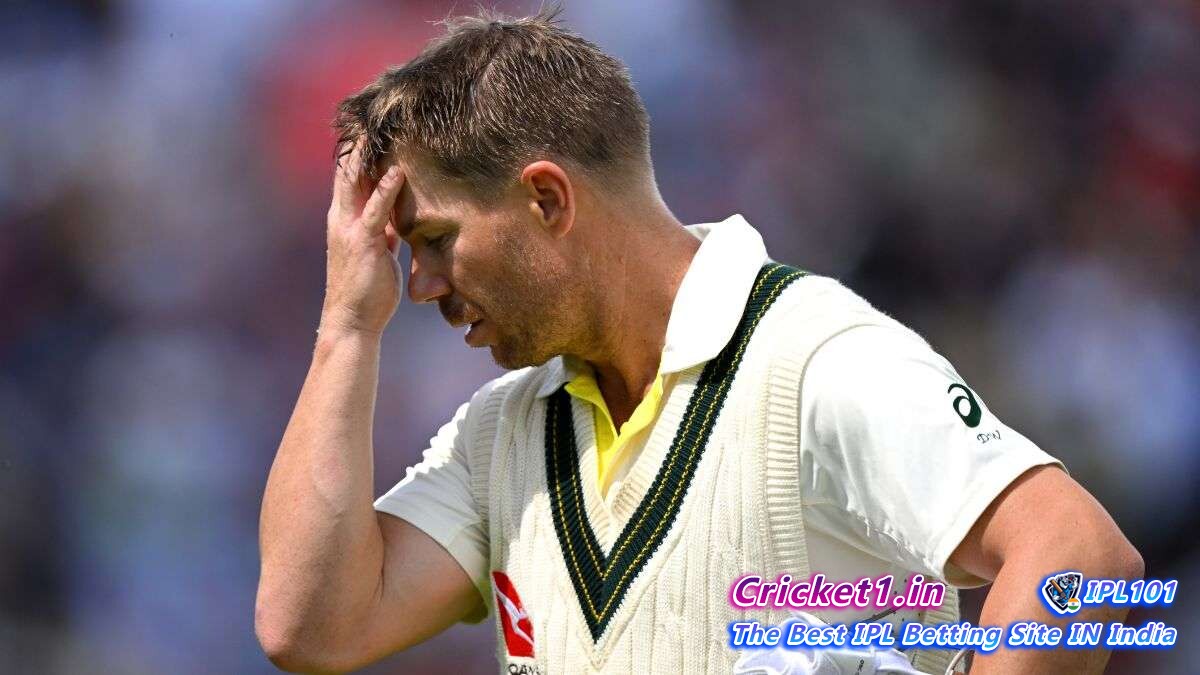
In a striking critique that has reverberated throughout the cricketing sphere, Mitchell Johnson, once a spearhead of the Australian pace attack, has castigated his former comrade-in-arms, David Warner. Johnson’s core contention surrounds the preferential leniency afforded to Warner in determining the timeline of his departure from Test cricket. To Johnson, Warner’s recent form does not warrant the privilege to orchestrate his own exit strategy.
“Why a struggling Test opener gets to nominate his own retirement date. And why a player at the center of one of the biggest scandals in Australian cricket history warrants a hero’s send-off?” Johnson queried in his trenchant opinion piece for The West Australian. His words cut to the heart of the discourse on meritocracy and accountability in cricket.
The scathing assessment didn’t end there. Johnson went on to challenge Warner’s lack of ownership over the infamous ball-tampering scandal that marred Australian cricket, suggesting a lingering arrogance and disrespect to the sport in the nation. “It’s been five years and David Warner has still never really owned the ball-tampering scandal. Now the way he is going out is underpinned by more of the same arrogance and disrespect to our country,” Johnson wrote.
Johnson bluntly underscored Warner’s inability to secure the role of Australia’s Test captain—primarily due to a lifetime leadership ban stemming from his part in the aforementioned scandal. He referenced Warner’s fallible performance in the past three years, in which the batsman’s average plummeted to figures more befitting of a tailender, to further his argument that Warner’s place in the team should be based on current merit, not past glories.
“The handling of Warner in recent years,” Johnson criticized, “raises the question of whether [chief selector George] Bailey was simply too quickly out of playing and into the job and too close to some of the players.” This concern hones in on the potentially compromised integrity of the selection process, inferring that personal relationships might overshadow professional ones.
Johnson’s impassioned column delves deeper than mere statistics and performances; it touches on the ethos of Australian cricket. He appears to take issue not only with a perceived special treatment of Warner but points to a larger issue of how leadership and responsibility are upheld within the sport. This includes a direct critique of the role of the head selector, which, to Johnson’s mind, seems to have become entwined with the team’s inner circle, rather than maintaining an objective distance.
As Johnson’s words echo across forums and fan discussions, they embody the longstanding tension between personal loyalty and the ruthless demand for excellence in professional sports. Warner is yet to issue a response to the claims, leaving the cricket world to ponder on the accuracy and impact of Johnson’s fierce commentary.
Caught in this storm are not only Warner and the selectors but the very culture of Australian cricket, which now faces introspection. With the reverberations of Johnson’s column far from settling, what remains clear is the sport’s ongoing struggle to balance the legacy and contributions of storied players with the unyielding expectations of the present.

